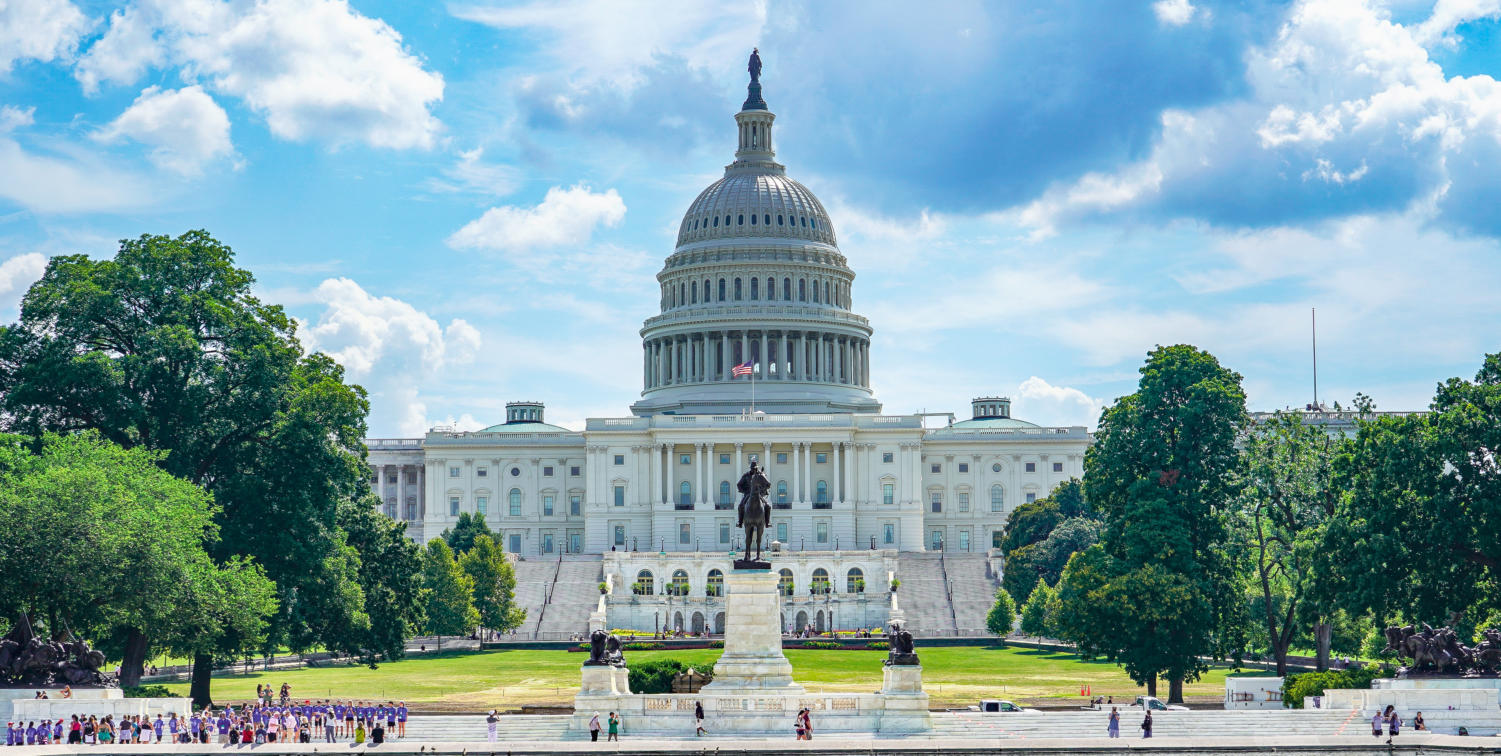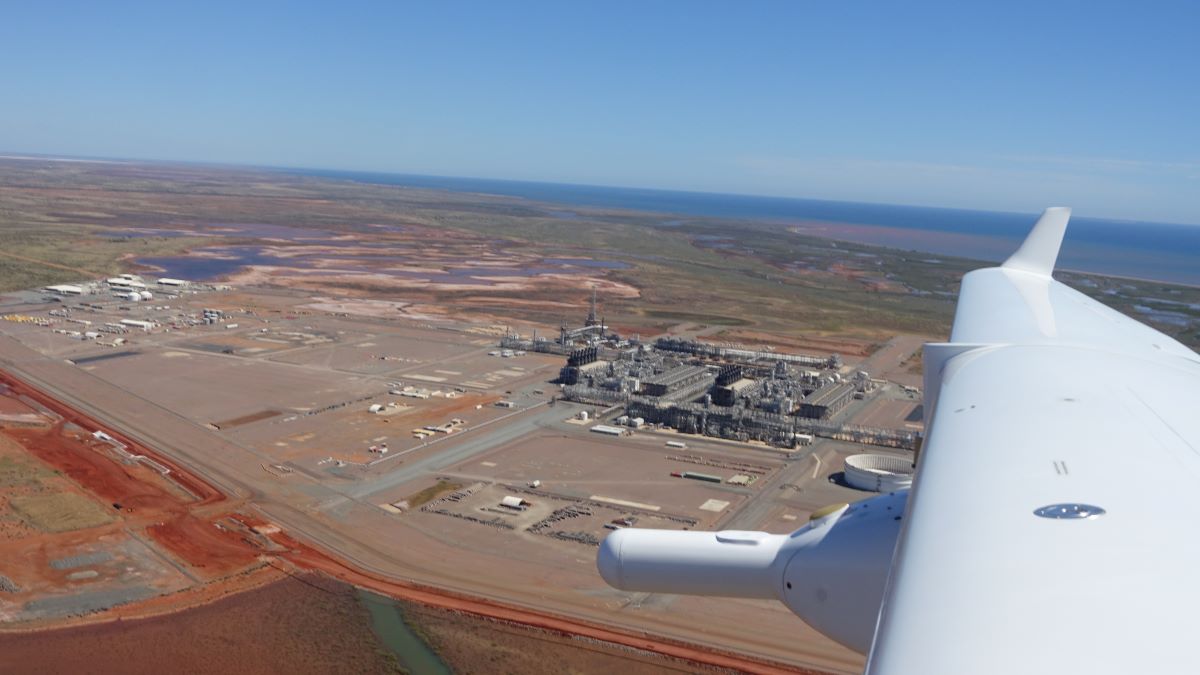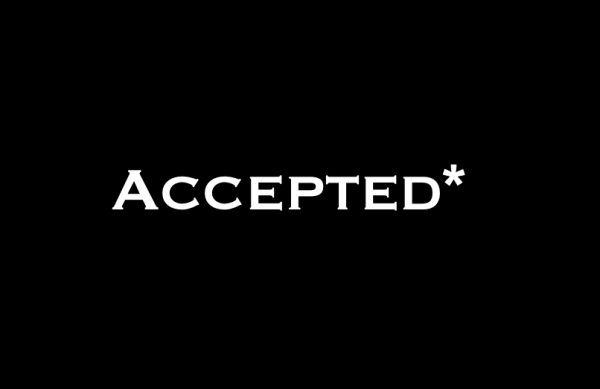The Food and Drug Administration on Friday declined to approve MDMA-assisted therapy for the treatment of post-traumatic stress disorder, dashing the hopes of many Americans with intractable mental health conditions who are desperate for new treatments.
According to Lykos Therapeutics, the company that had sought approval for the treatment, the agency said there was insufficient data to allow its use. The company said that the F.D.A is requesting an additional clinical trial, to continue to assess whether the drug, commonly known as Ecstasy or molly, would be safe and effective.
Had it been approved, MDMA would have become the first psychedelic compound to be regulated by federal health authorities.
Outright approval by the F.D.A. would have been a watershed moment in the decades-long effort by researchers to demonstrate the healing potential of compounds like LSD and psilocybin, the psychoactive component of so-called magic mushrooms.
“This is an earthquake for those in the field who thought F.D.A. approval would be a cinch,” said Michael Pollan, the best-selling author and co-founder of the UC Berkeley Center for the Science of Psychedelics. His book, “How to Change Your Mind,” helped catalyze public interest in the therapeutic potential of psychoactive compounds, demonized during the nation’s long war on drugs.
But the agency’s decision had not been entirely unexpected, after a group of independent experts convened by the F.D.A. to evaluate Lykos’s data met in June and rejected the company’s application. With regard to two central questions, the experts voted overwhelmingly that the company had not proven the treatment was effective, and that its benefits did not outweigh the risks.
The advisory panel cited concerns about insufficient data and flaws in the company’s study design, including a failure to capture data on the euphoria experienced by participants, and on MDMA’s potential for abuse. The agency generally follows the recommendations of its expert panels.
Lykos said it would appeal the agency’s decision. Amy Emerson, the chief of executive of Lykos, said that the company stood by its results, but that she was confident researchers could provide the additional data sought by federal regulators.
“We’re ready to get to work and get this treatment to the many patients who need it,” she said in an interview.
Most psychedelics are listed as Schedule I drugs, alongside cocaine, heroin and marijuana — illegal substances that have “no currently accepted medical use and a high potential for abuse,” according to the Drug Enforcement Administration.
Although the F.D.A.’s decision on Friday evoked dismay and disappointment among researchers, patients and investors, Mr. Pollan said the decision was unlikely to halt the growing acceptance of a field that barely existed a decade ago. “This is surely not the end of the game. There’s enough evidence, need and energy to move psychedelic medicine forward,” he said.
Seven years ago, the F.D.A. granted MDMA “breakthrough therapy” status, a designation that recognizes a new drug’s potential benefits and accelerates the review process. MDMA, or midomafetamine, is the club drug better known as Ecstasy, or molly, and is technically not a traditional psychedelic. Before it was banned in 1985, the drug enjoyed decades of therapeutic use among psychotherapists, who valued its ability to help patients confront deeply embedded trauma.
Lykos worked closely with the F.D.A. to design the clinical trials that were used to evaluate the safety and benefits of MDMA-assisted therapy.
The company’s published results were electrifying: More than two-thirds of the patients who received MDMA no longer qualified for a PTSD diagnosis six months after the final treatment.
Still, Lykos’s application was undeniably unconventional, not just given the illegal status of the drug but also because of the talk therapy component, which the company says is integral to MDMA’s therapeutic benefits. The F.D.A. does not regulate psychotherapy, which supporters of the novel treatment say has complicated the pathway toward approval for Lykos.
Many experts in the field welcomed the strides taken just to get to this point in the regulatory process. Geoff Bathje, a psychologist in Chicago whose work with psychedelics is focused on substance use and mood disorders, noted that there are nearly 100 clinical trials using psychedelic compounds underway. “Psychedelic medicine is not really stoppable at this point,” he said. “It’s not a matter of if, but of when.”
Supporters of the therapy expressed deep disappointment, though, in even a short-term delay.
“We are frustrated that the F.D.A. has kicked the can down the road in the face of such urgent need and clear demand from the veteran community for more effective PTSD treatments,” said Lt. General Martin R. Steele, a former Marine Corps commander and a co-founder of Reason for Hope, an organization that promotes psychedelic therapy for veterans with tough-to-treat psychiatric problems. “Delay will only lead to more unnecessary suffering and lives lost.”
It’s unclear what impact, if any, the decision will have on other “breakthrough therapy” psychedelics now under review by the F.D.A. Those include a form of LSD that may be used to treat generalized anxiety disorder, and studies examining the use of psilocybin to treat severe depression.
The company’s most recent Phase 3 clinical trial included more than 100 people who had suffered from PTSD for an average of 15 years. According to the company’s data, 86 percent of participants who received MDMA combined with psychotherapy achieved a measurable reduction in the severity of their symptoms, and 71 percent had improved so much that they no longer met the criteria for a PTSD diagnosis. For those who had received a placebo plus talk therapy, that figure was 48 percent.
Long-term follow-up data suggested that the benefits had lasted at least six months after the final dose, with 39 percent of those who received MDMA still with symptoms in remission, compared to 11 percent for the placebo-plus therapy group.
It has been more than two decades since the F.D.A. approved a new treatment for PTSD, and the existing suite of drugs has limited efficacy. The two most commonly prescribed medications, both of them selective serotonin reuptake inhibitors, or SSRIs, are effective in less than a third of patients. Even then, the drugs must be taken continuously.
In contrast, Lykos’s MDMA therapy consisted of three, daylong dosing sessions.
In the run-up to the decision, supporters of psychedelic medicine waged a highly public lobbying campaign. Earlier this week, 80 members of Congress from both political parties signed letters to the Biden administration urging federal regulators to approve Lykos’s application.
The issue is especially important to military veterans, who suffer from disproportionately high rates of PTSD, deaths by suicide and substance abuse. In recent years, thousands of Americans, many of them veterans, have gone abroad in pursuit of MDMA-therapy, sometimes in unregulated clinics. Many have returned with Lazarus-like tales of recovery from the torments of PTSD, a condition that affects an estimated 13 million Americans.
Still, most scientists agree that more research is needed on MDMA’s possible side effects, including the ways the drug might affect those with cardiac problems — a risk the Lykos studies failed to measure. And while the steady accumulation of encouraging data has softened the skepticism once rife in mainstream psychiatry, some researchers have warned against the headlong embrace of the use of psychedelics without stringent oversight. Though “bad trips” are rare, a handful of anecdotal reports suggest that psychedelics can induce psychosis in those with underlying mental disorders.
Dr. Manish Agrawal, the chief executive of Sunstone Therapies, a company that is conducting five clinical trials on psychedelic compounds, including MDMA, said the F.D.A.’s decision, while disappointing, would not substantially affect new drug investigations.
He said one result of the F.D.A.’s decision was that studies might need to focus more on the psychotherapeutic component of the novel treatments.
“While disappointing for the people at Lykos who have been working on this for decades, in the big picture, it’s not a huge setback,” he said. “At the end of the day, some trials might get refined and more finely tuned, but the fact that we are even having this conversation and the F.D.A. is considering this medication and asking hard questions is a good thing.”





















Discussion about this post